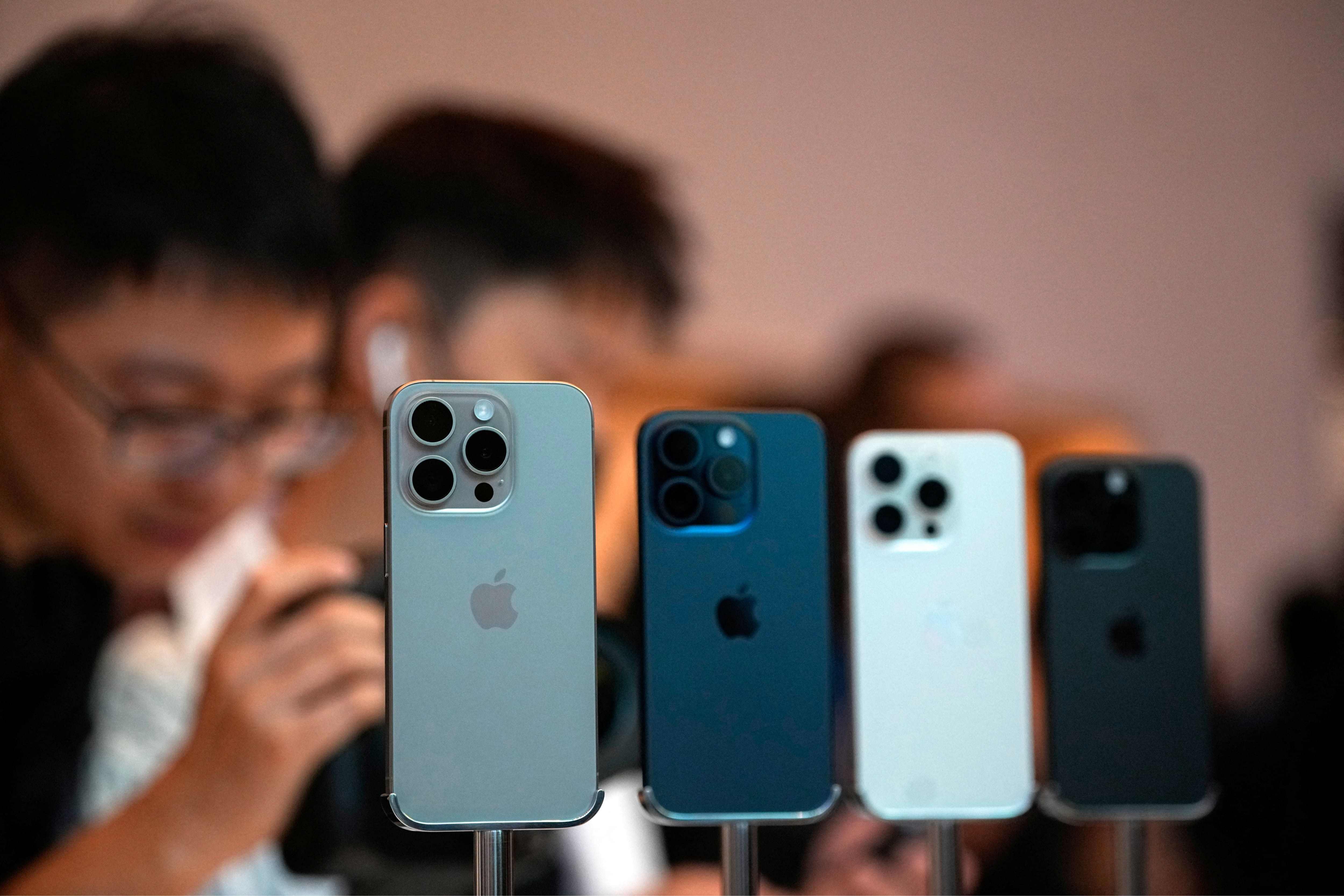Apple's iPhone sales in China are experiencing a significant rebound as the company has aggressively reduced prices to attract budget-conscious consumers in a struggling economy - CNN Business
According to data released by the China Academy of Information and Communications Technology (CAICT), a research organization under the Ministry of Industry and Information Technology, shipments of foreign-branded cell phones, predominantly iPhones, surged by 52% in April, reaching 3.489 million units. This marked a significant increase compared to the 12% growth in March for foreign-branded smartphones, as previously reported by CAICT.
The Global Times, known for its nationalistic perspective and support of Chinese companies, described this resurgence as “impressive.”
Apple faced challenges in China at the beginning of 2024. During the first quarter, the company lost its leading position in the Chinese smartphone market, with shipments dropping by 19%, as reported by Counterpoint Research. This decline was attributed to intensified competition from local brands like Huawei, which saw a nearly 70% increase in sales following the successful launch of its Mate 60 series.
Amid an economic downturn marked by declining job and income prospects, Chinese consumers have been cutting back on spending and seeking discounts across various sectors, from food to automobiles. However, iPhone sales began to recover in March after Apple and its retail partners implemented price cuts, as indicated by CAICT data.
Recently, these price cuts have become more aggressive. Last week, Apple announced significant discounts of up to 23% on some of its smartphones available on Tmall, an e-commerce platform owned by Alibaba, effective until May 28. Similar price reductions were also applied on JD.com, another major online retailer.
These unprecedented discounts are part of a broader campaign aligned with the annual “618” shopping festival, China's second-largest online shopping event, which typically runs from late May to mid-June.
Following the price cuts, the iPhone 15 now competes in the same price range as smartphones from Xiaomi and Huawei.
According to Jefferies analysts, these substantial discounts are “the only way” for Apple to protect its market share in China. They noted that Apple’s price cuts have exerted significant pricing pressure on local brands, particularly Huawei’s flagship models. While this strategy is expected to help Apple regain lost market share, it may also compel competitors to further reduce their prices.
Analysts also suggested that the discounts on high-end models might continue into the third quarter of 2024, impacting profit margins for all smartphone manufacturers.



